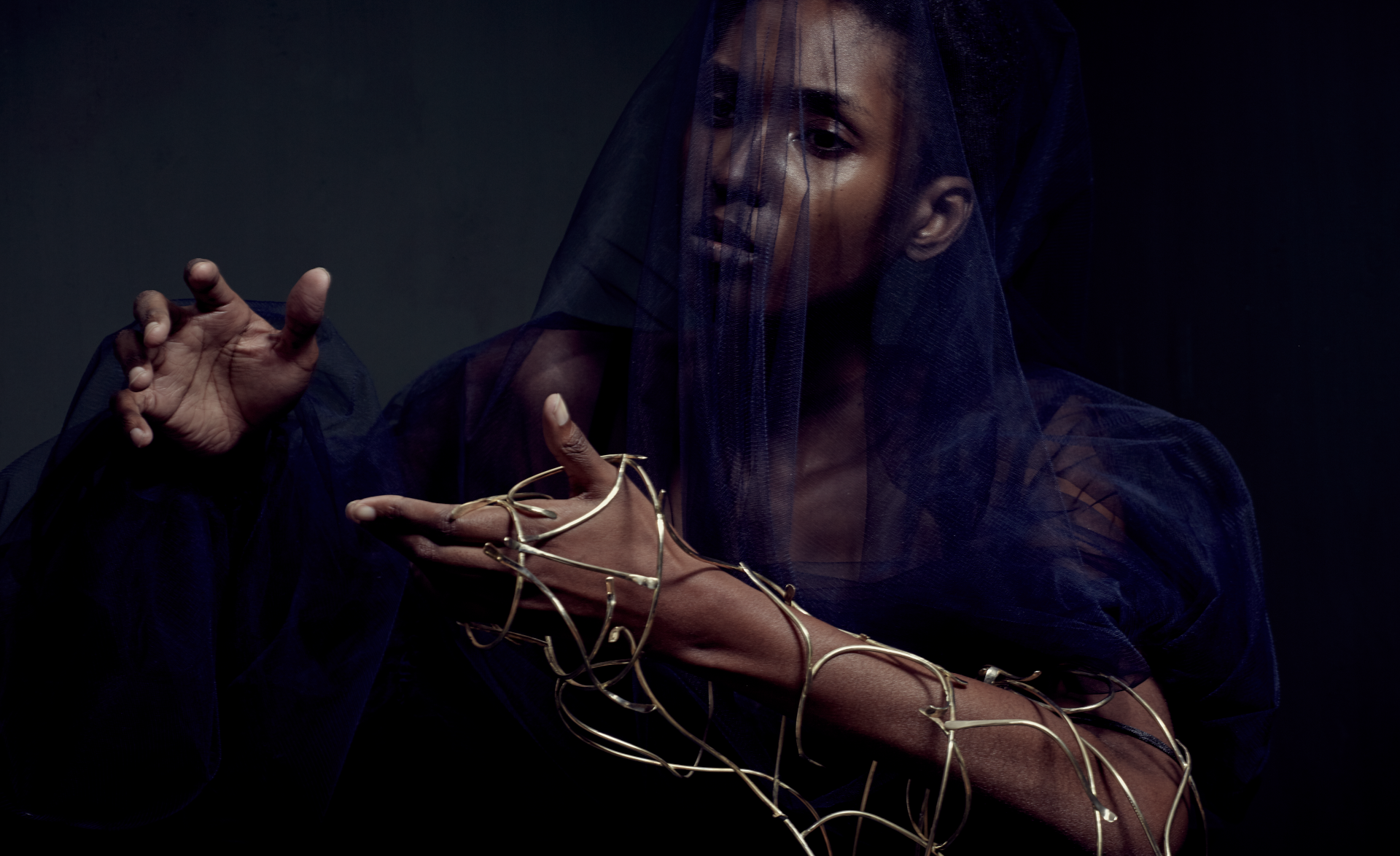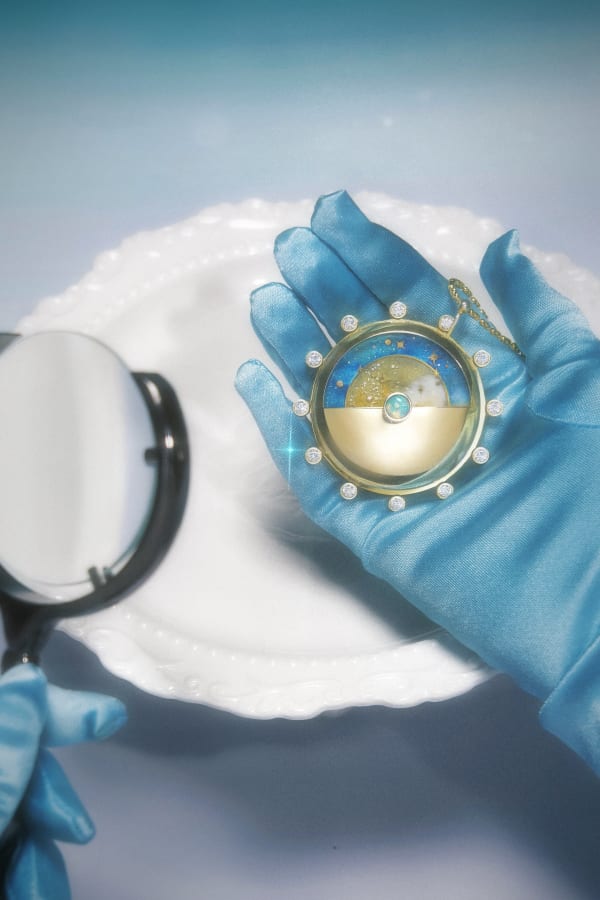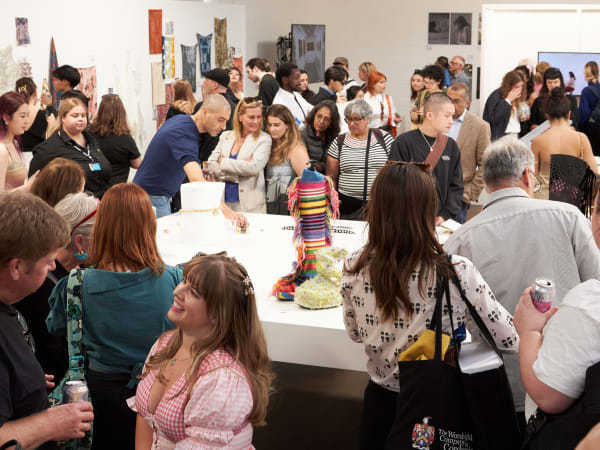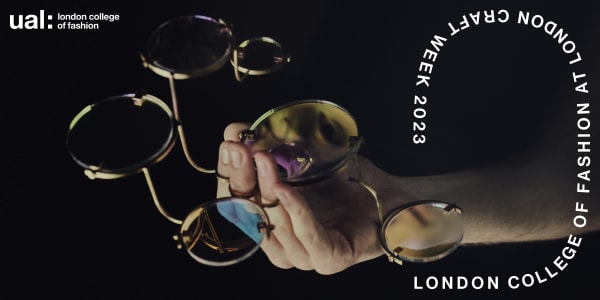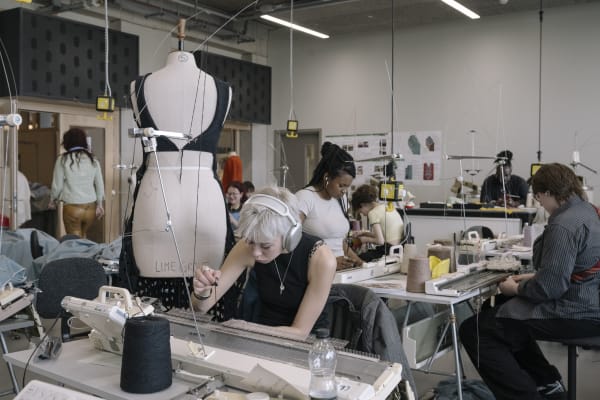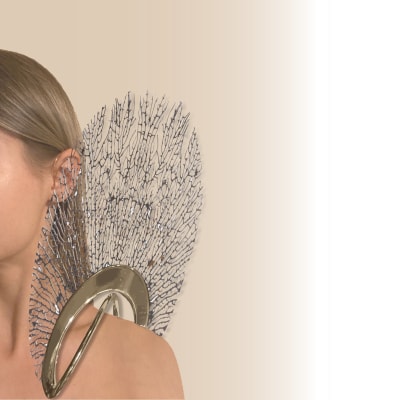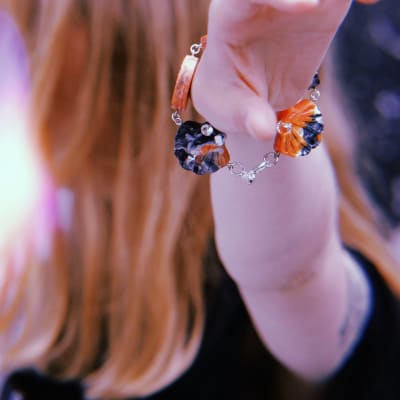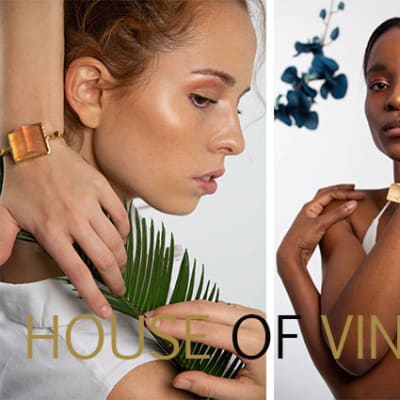Course units
Introduction
The BA (Hons) Fashion Jewellery is founded on 4 key principles that inform the teaching on the Course:
- Craft and Technology centres around the development of technical expertise from traditional jewellery benchwork to digital design and fabrication techniques as well as outsourced manufacture.
- Sustainable Futures approaches sustainability in a broad sense; from social, cultural, economical and environmental perspectives. Through individual and collaborative practice students are challenged to develop meaningful proposals.
- Performance requires you to consider the social impact of your work and explore the potential of jewellery to change narratives and communicate ideas in a changing cultural landscape. Emphasis will be placed on contextually aware approaches to design, considering the relation between jewellery and audience.
- Identity; is about defining who you are as a designer developing your unique vision for fashion jewellery that builds on personal strengths and interests while developing new expertise.
Year one block one
- Introduction to Fashion Jewellery introduces you to your discipline, design and studio practice and foundational technical skills. The project focusses on research, development and presentation skills for fashion jewellery design.
- Jewellery Design and Technology focuses on concept led design approaches. It connects technical skills with research and development and builds on documentation and presentation methods.
Year one block two
- Sustainable Futures is a collaborative project that encourages future thinking to respond to changing societies and aspirations. It encourages the development of proposals for a fashion jewellery collection that challenges existing systems and ideas surrounding materials.
- Fashion Cultures and Histories acquaints you to fashion theory through critical research and analysis skills through the writing of an essay.
Year two block one
- Concept, Context & Performance Unit asks you to consider fashion jewellery in relation to different industry and cultural contexts and develop a statement piece as well as a collection of refined batch-produced products.
- Critical Issues in Fashion Research unit allows you to choose an option covering a current cultural theme in fashion studies to write an essay about. It is supported by lectures and seminars.
Year two block two
- Work Experience is a 5 weeks full time or 8 weeks part-time placement in a fashion jewellery or related company to give you real-life experience of an aspect of the industry.
- Identity, Innovation and Impact asks you to select one of 3 pathways to enhance and direct your studies towards your personal interests. The briefs are directed by external researchers or practitioners and approach fashion jewellery from different perspectives.
Optional Diploma Year
CCI Creative Computing
Between years 2 and 3, you can undertake the year-long Diploma in Creative Computing. This will develop your skills in creative computing alongside your degree. After successfully completing the diploma and your undergraduate degree, you’ll graduate with an enhanced degree: BA (Hons) Fashion Jewellery (with Creative Computing).
CCI Apple Diploma
Between years 2 and 3, you can undertake the year-long Diploma in Apple Development. This will give you an opportunity to become an accredited apple developer alongside your degree. After successfully completing the diploma and your undergraduate degree, you’ll graduate with an enhanced degree: BA (Hons) Fashion Jewellery (with Apple Development).
Final year
- Contextualising Practice allows you to build on your historical and theoretical understanding of fashion through a research-led extended essay that is related to your design ethos and interests. This theoretical unit supports your development for your final year design project.
- Concept Development Unit informs and prepares you for your Final Major Project. You will be expected to negotiate a project brief that will allow for a full and in-depth investigation into areas of interest to you.
- Final Major Project is the culmination of your degree in which you will extend your innovative approach and deeper engagement, analysis and conclusions to develop a major body of work. You will leave the course with a professionally presented fashion jewellery project that showcases your vision, your creative direction and your technical abilities through a negotiated body of fashion jewellery work.
